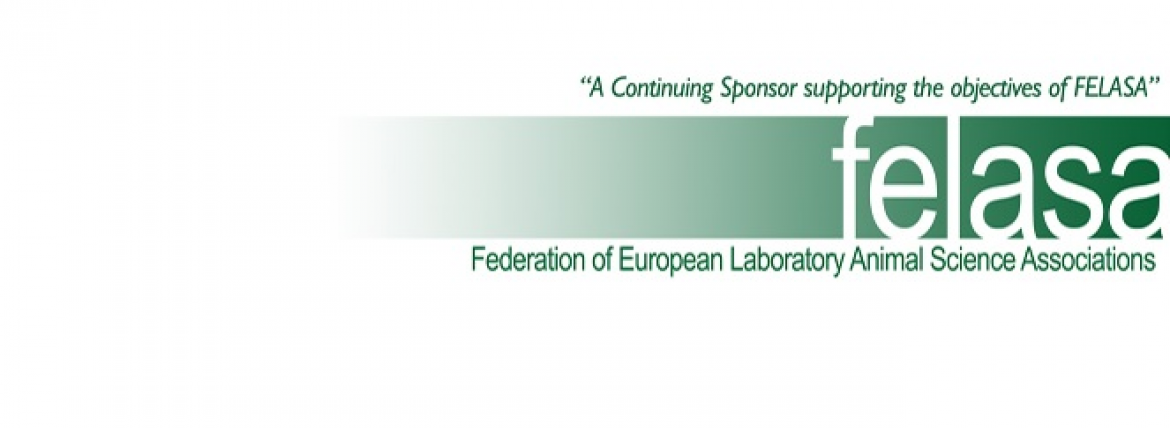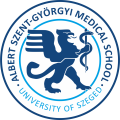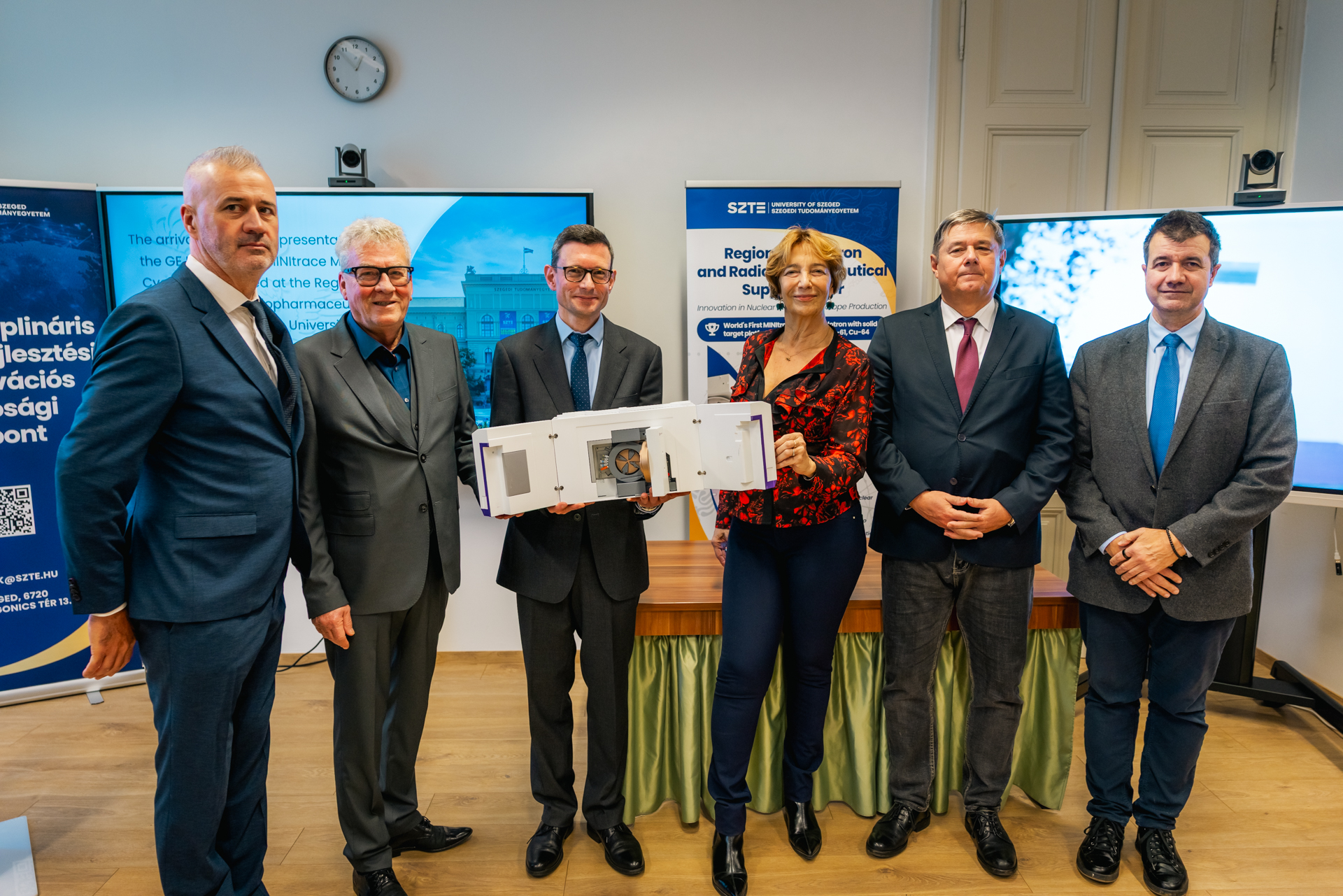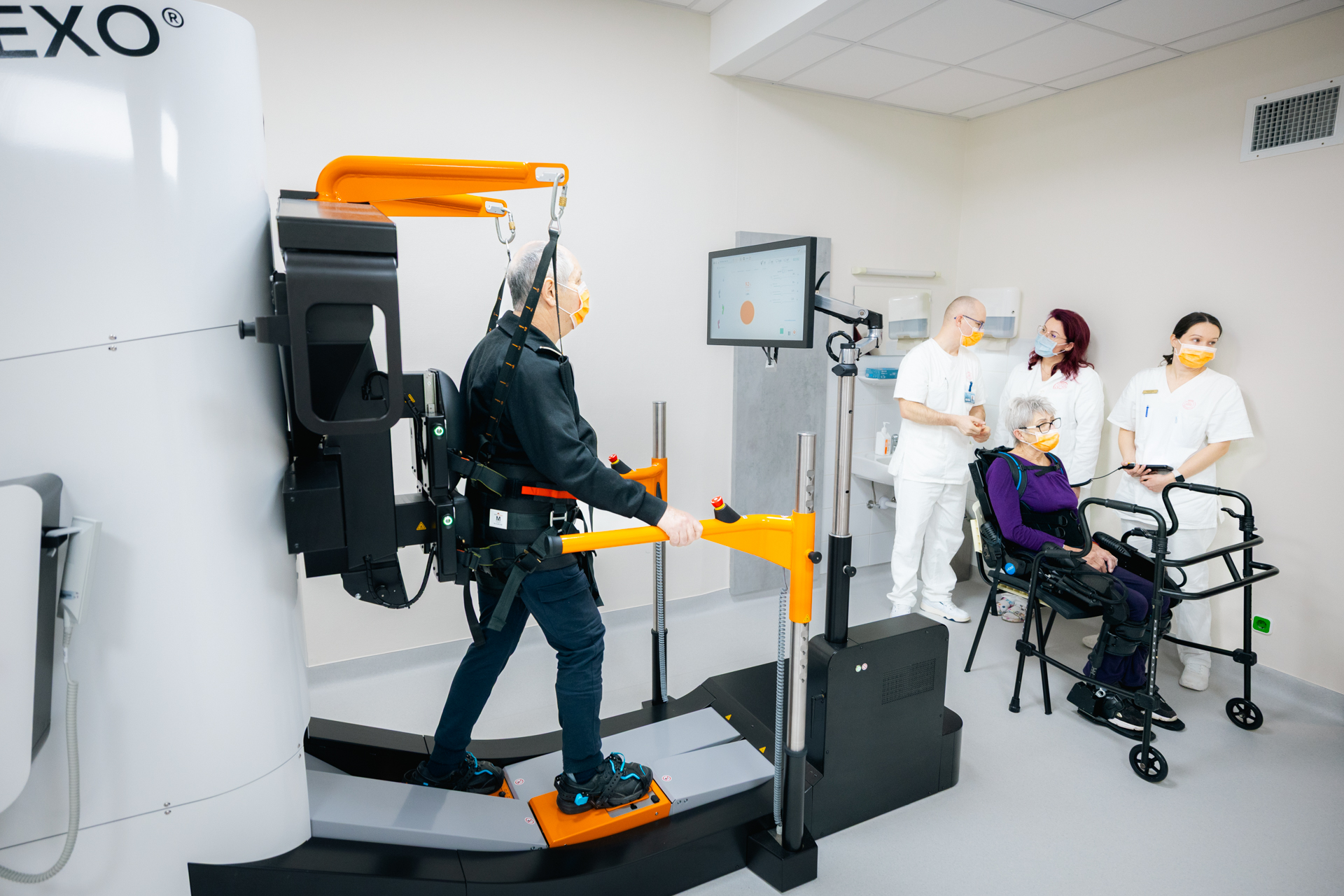University of Szeged
Albert Szent-Györgyi Medical School
Foreign Students' Secretariat
Your Education. Our Mission.

Accredited FELASA C level course on Animal Experiments - Theory and Practice (035/14)
The Medical Faculty of the University of Szeged offers the opportunity to take part in the next FELASA (Federation of European Laboratory Animal Science Associations) level C course between January 16 and January 26, 2017. The course meets all the mandatory requirements to achieve adequate level of competency on the use of animals in research and education, and to designs and perform animal experiments in the European Union. The aim is to ensure optimal animal protection and welfare while adhering to the highest scientific standards during the animal research procedures. The accredited course fully follows the FELASA recommendations and the European and Hungarian regulations (Ref. No. 035/14).
The course will focus on the following main topics: legislation, ethics and views in society; the 3R’s, the course of events in animal experiments; biology of laboratory animals; the choice of species; genetics and environmental factors influencing animal experiments; health and safety hazards; principles concerning the handling of animals, anesthesia, analgesia and humane killing of laboratory animals; principles of surgical procedures; evaluation and quality control of animal experiments; reporting; alternatives to animals experiments.
Theory and practice are closely linked. The acquired knowledge and practical skills will be assessed in a final examination based on three items: a written exam, evaluation of a document requesting permission for animal experiments, and practical exams.
Registration
Applicants must hold a university degree in Medicine or any branch of Biological and Veterinary Science. The number of participants is limited. If the number of registrations exceeds the maximum number, we will apply a first-come-first-served approach based on the date when we receive the registration.
Dates
January 16 - January 26, 2017
Venues
Institute of Surgical Research, University of Szeged (6720 Szeged, Szőkefalvi Nagy.B. u. 6)
Language
The official language of the course is English.
Duration
10 days (from 8.00 am to 5.00 pm); 80 hrs of teaching, 40 hrs of lectures, 40 hrs of workshops and practices based on a previously set schedule.
Fullfilment
At least 90% of attendance
Successful theoretical and practical exams
Paid registration fee
Registration fee
650 EUR for EU participants. The fee charged covers all elements of administration, enrolment, course materials, tuition, supervision and examination, however excludes re-examination.
Reduced fee (450 EUR) is available for members of the University of Szeged.
Application form at:
http://web.med.u-szeged.hu/expsur/felasa_oldal.htm
Send to:
kaszaki.jozsef@med.u-szeged.hu (Dr. József Kaszaki Associate Professor)






